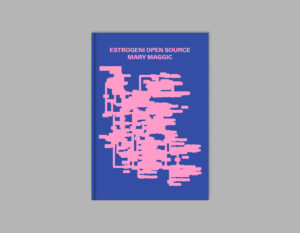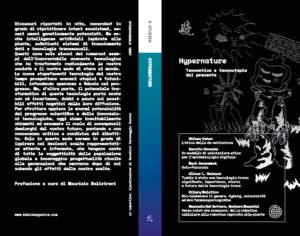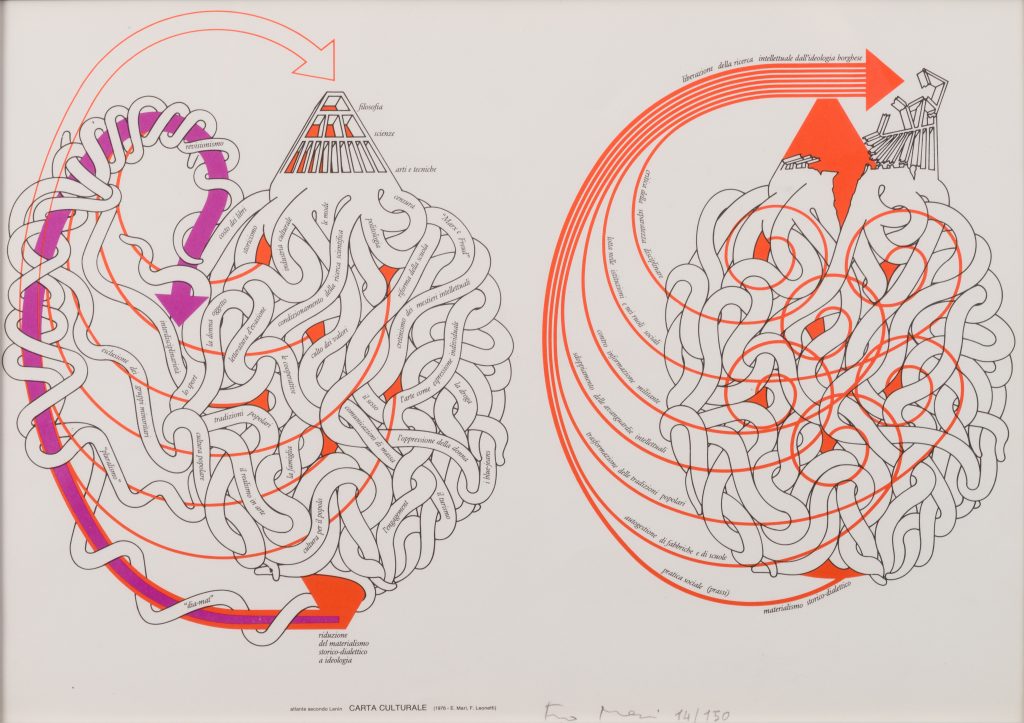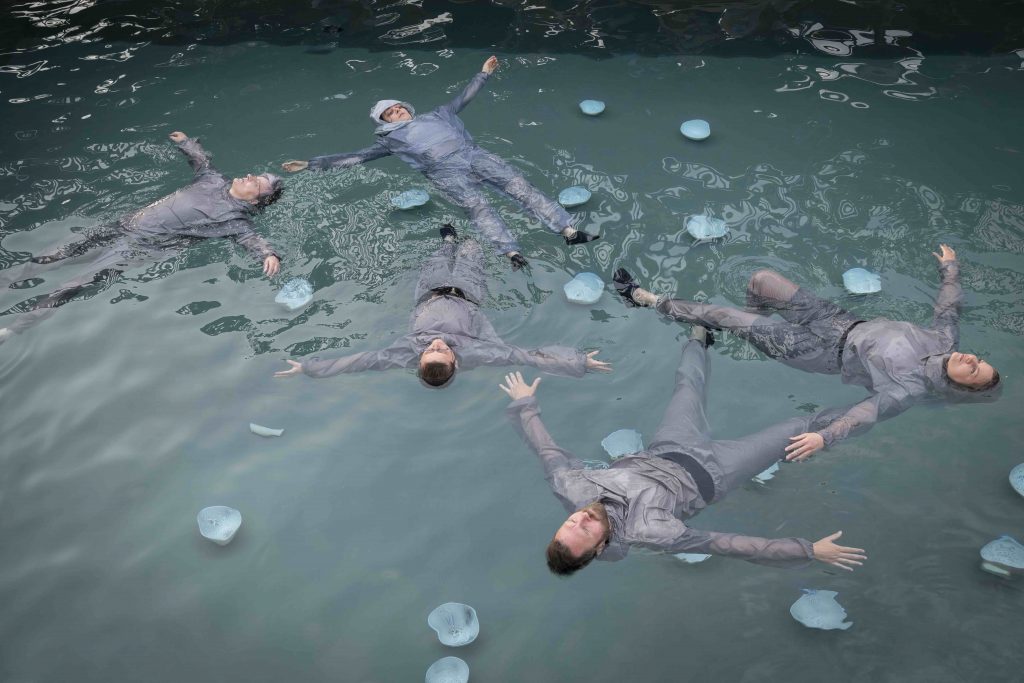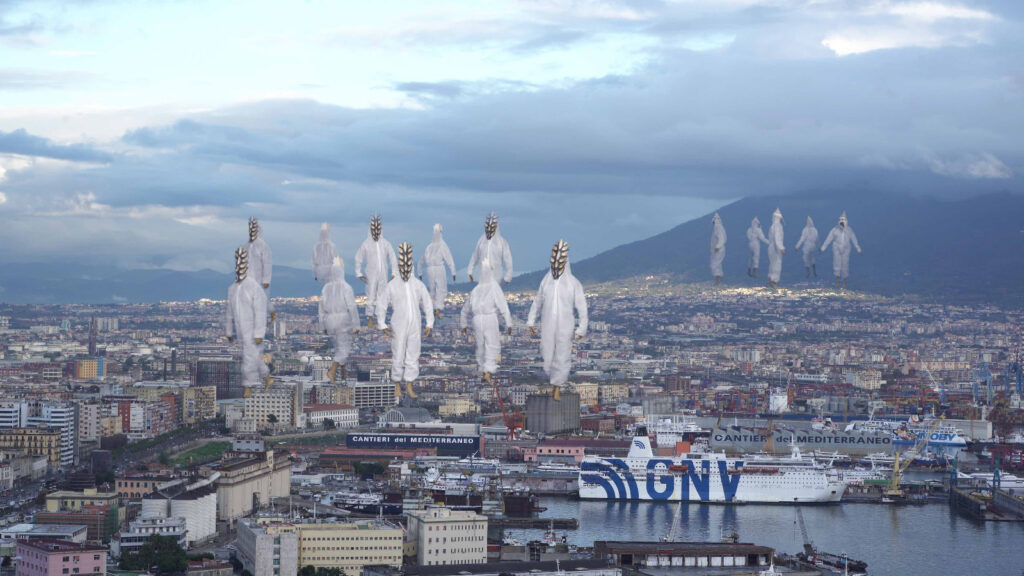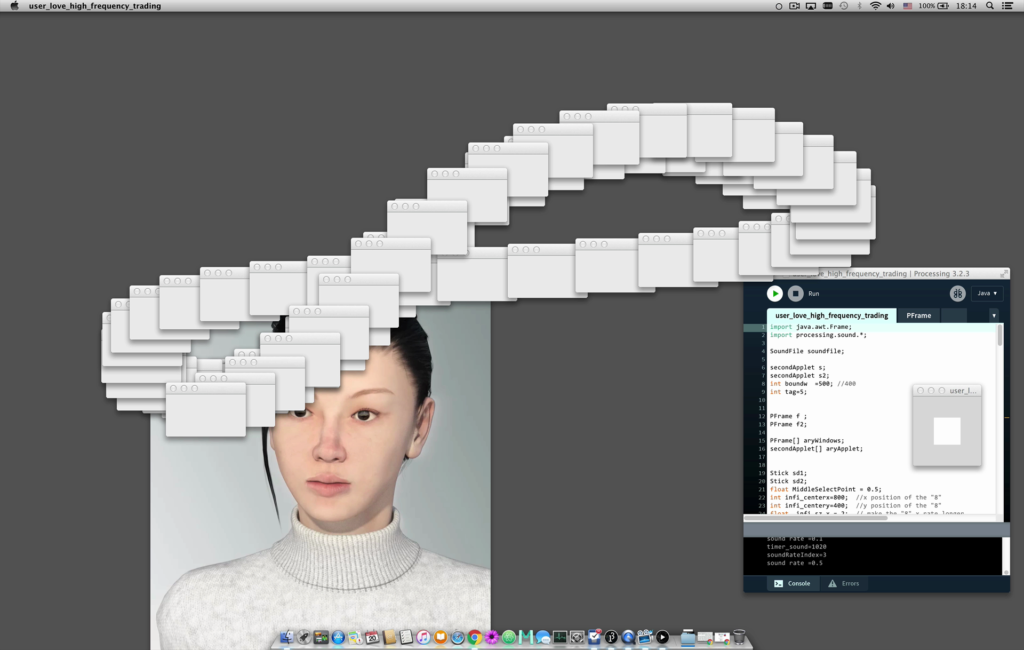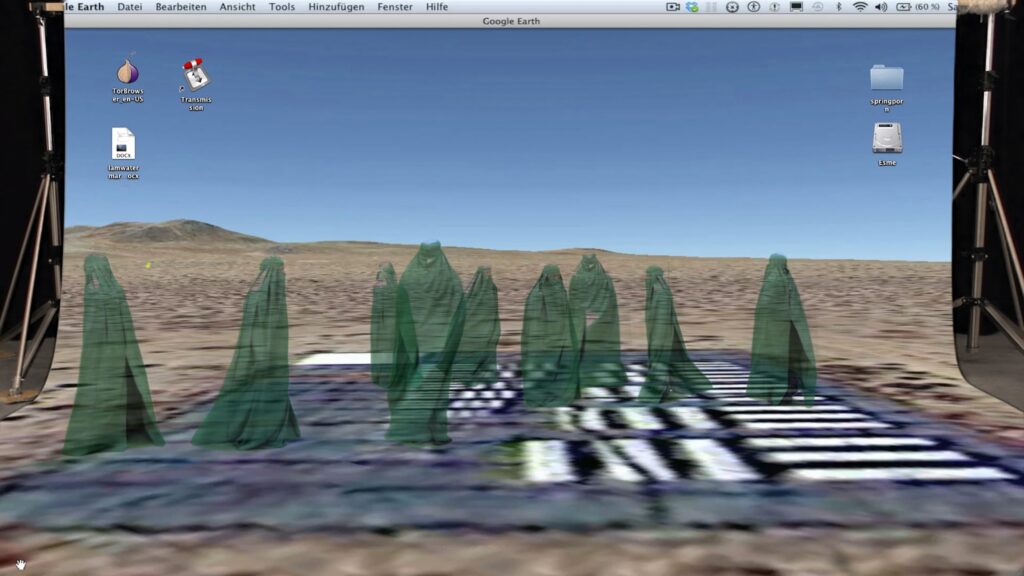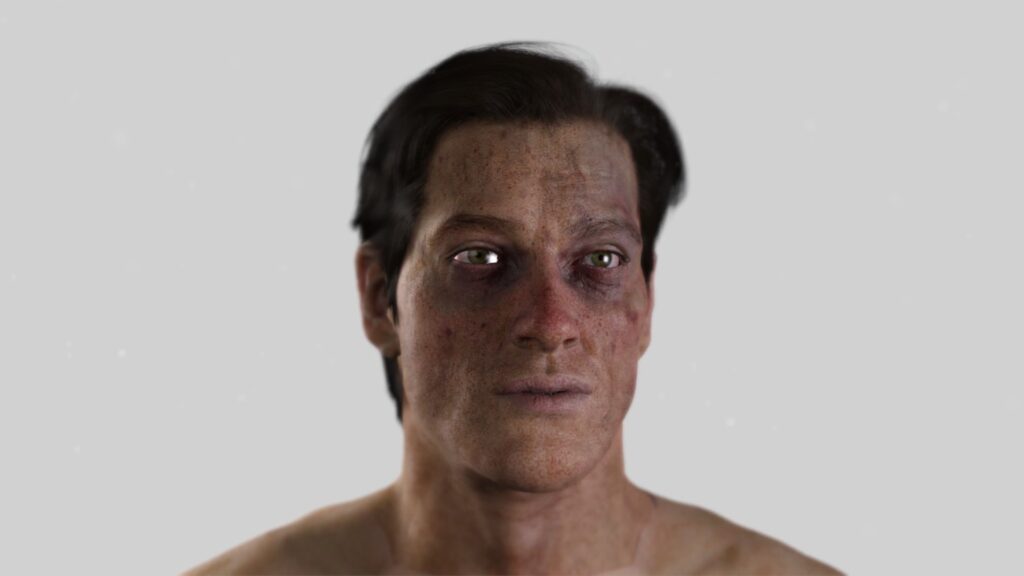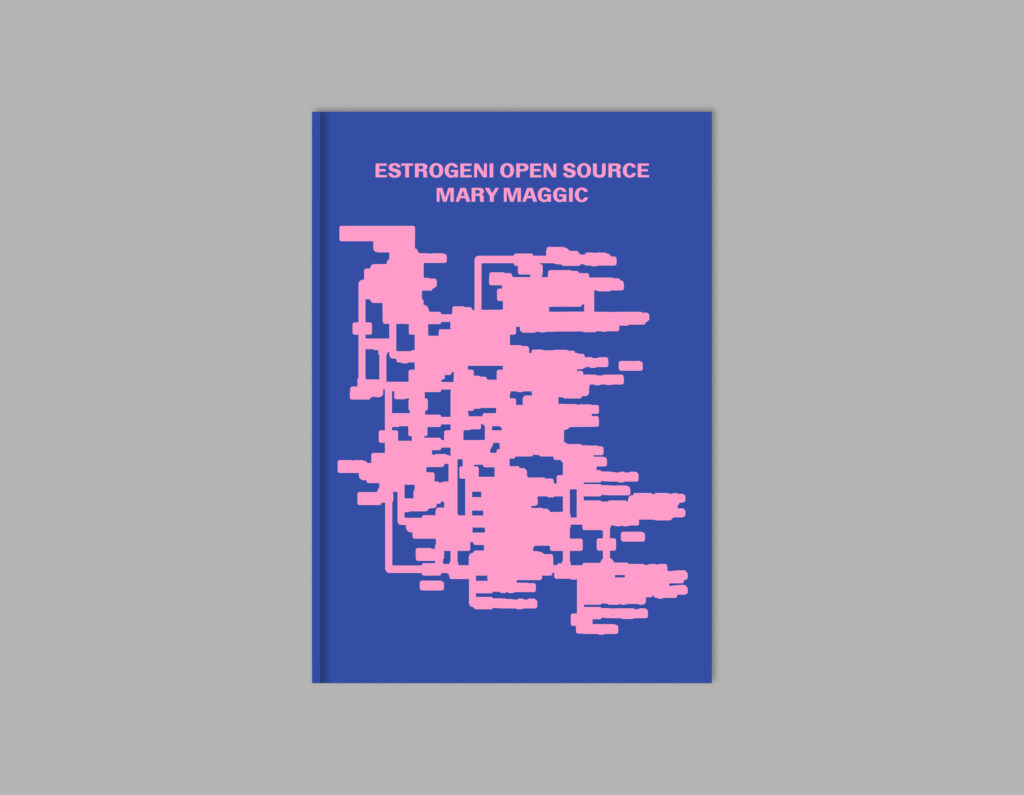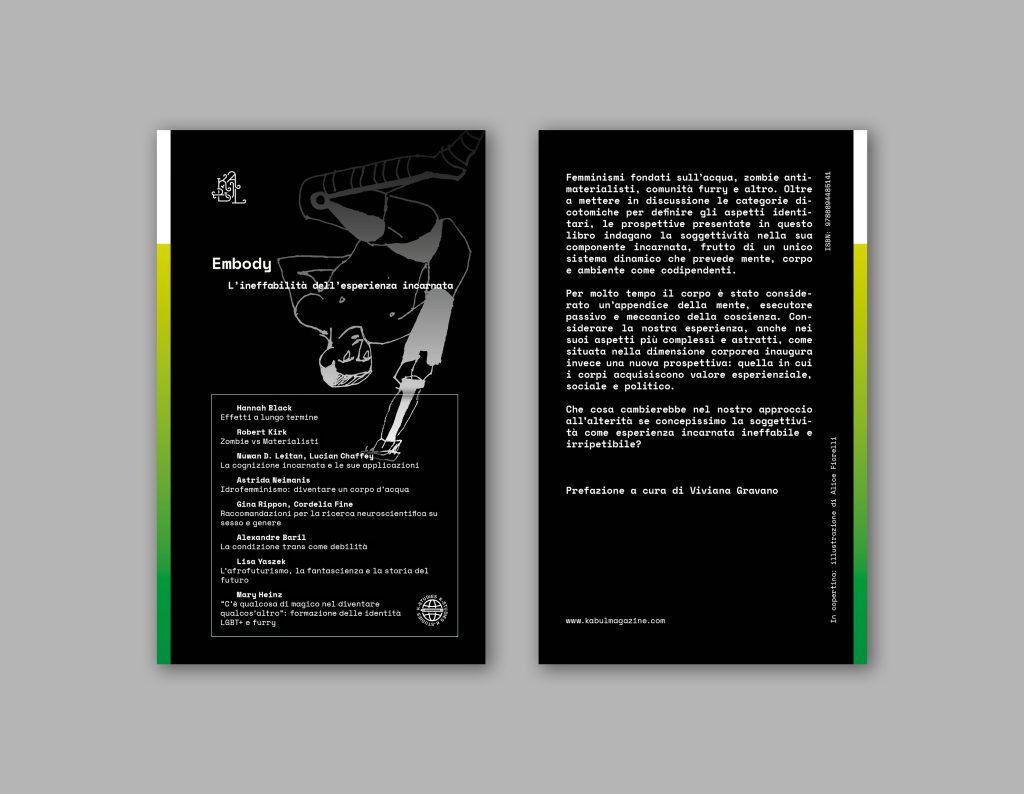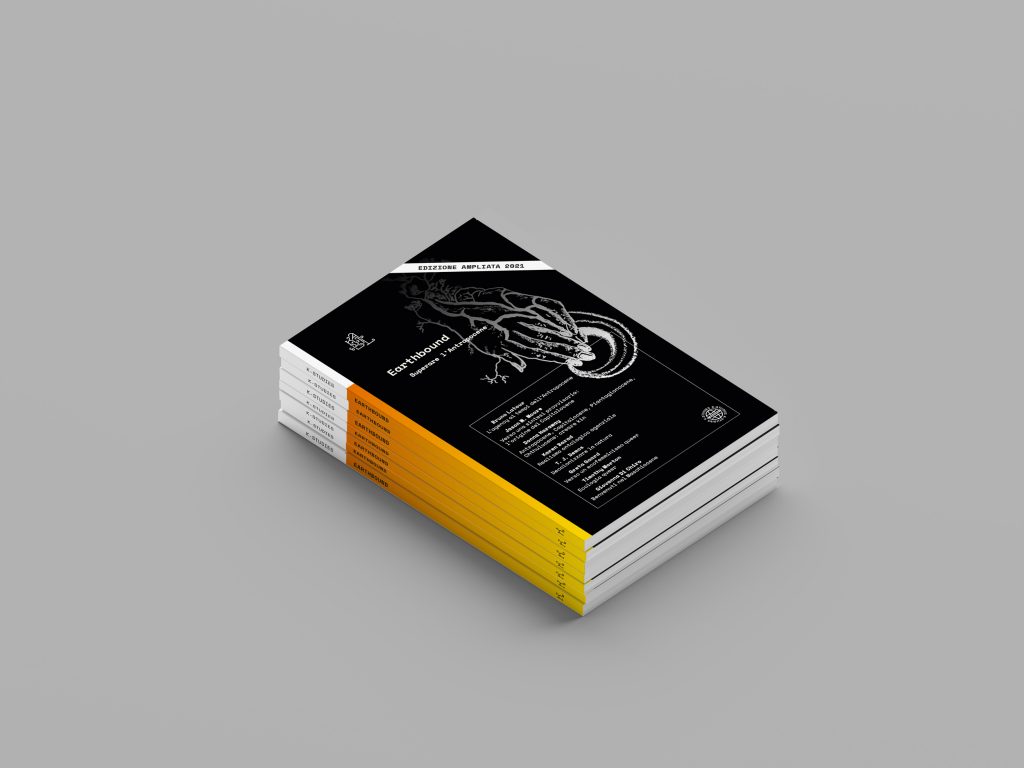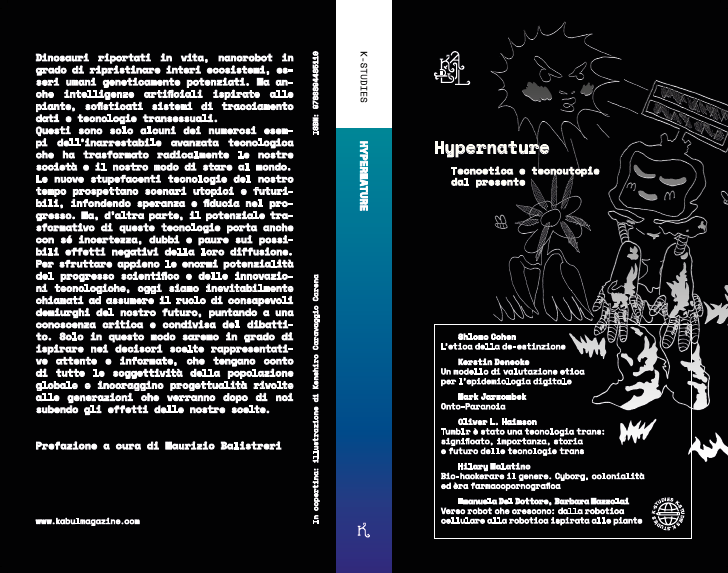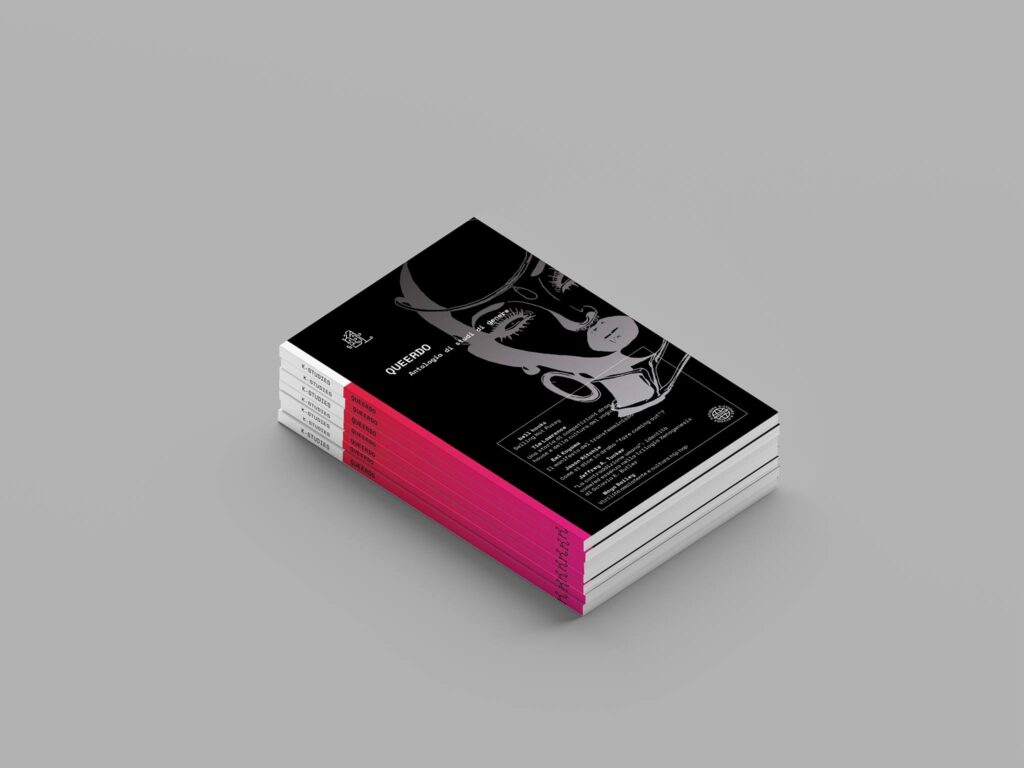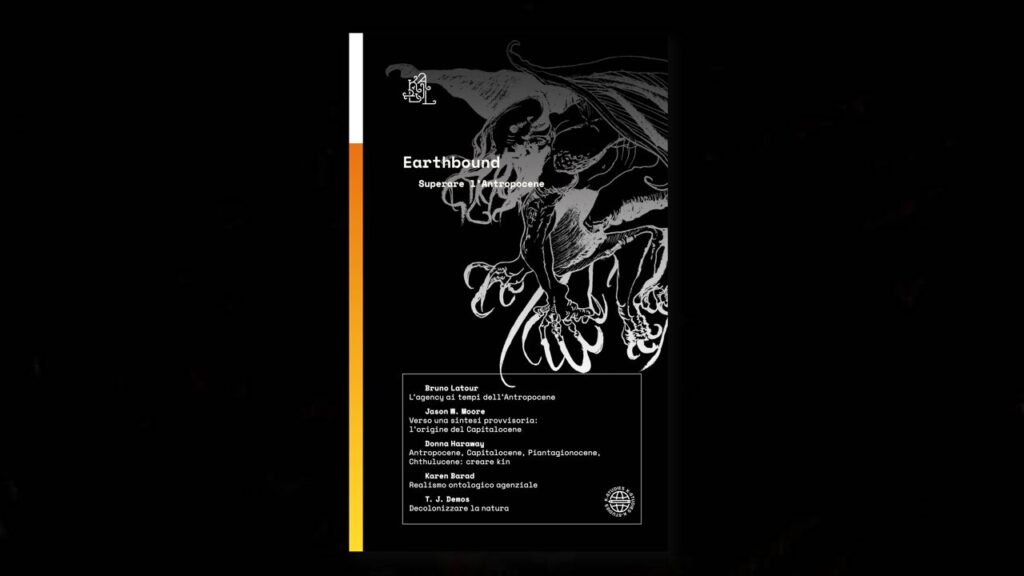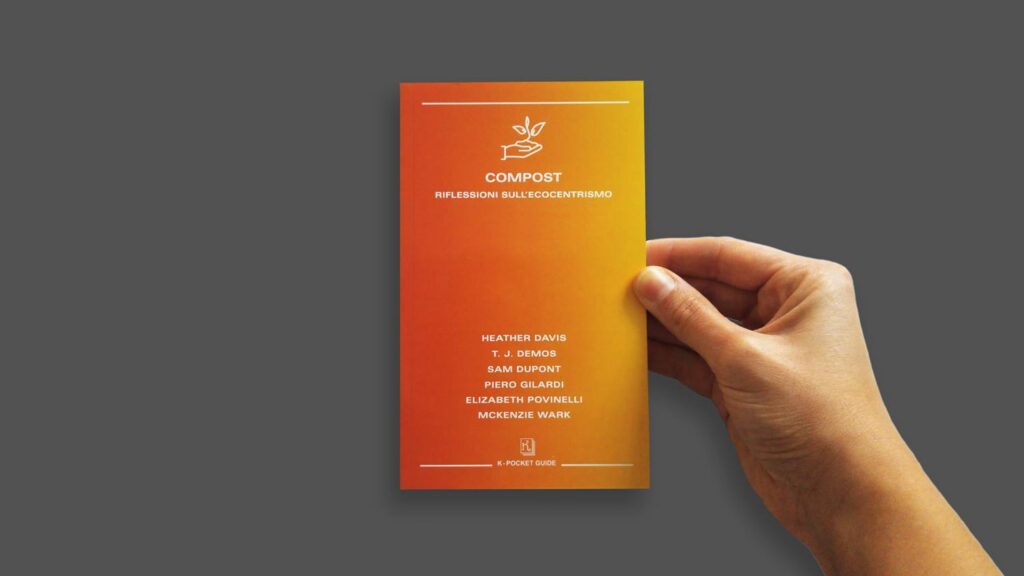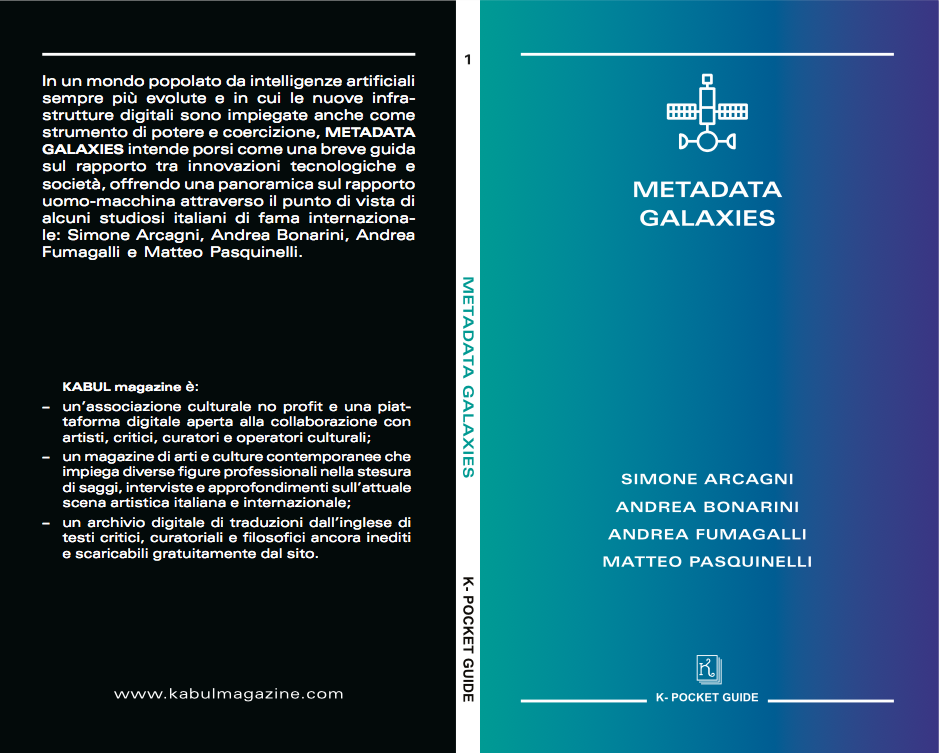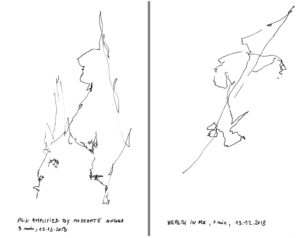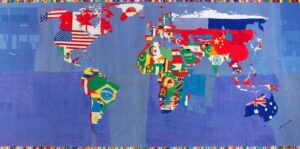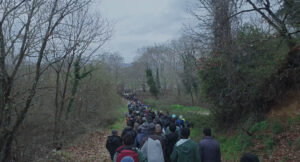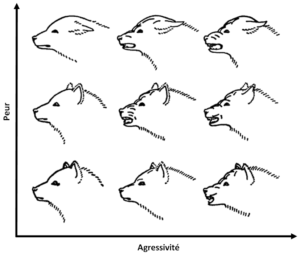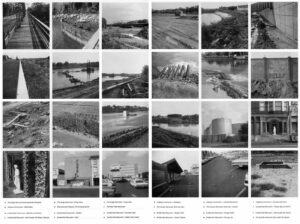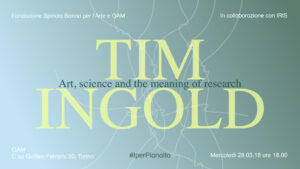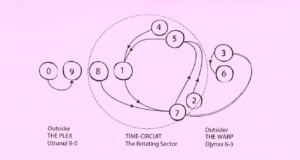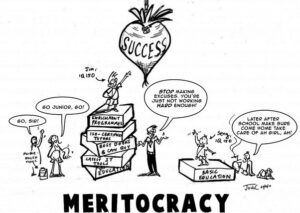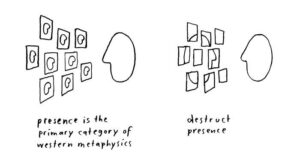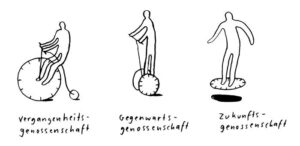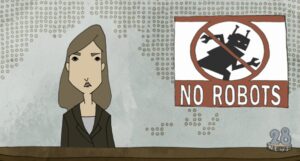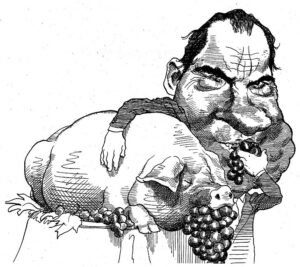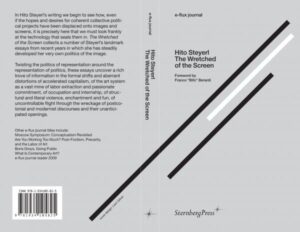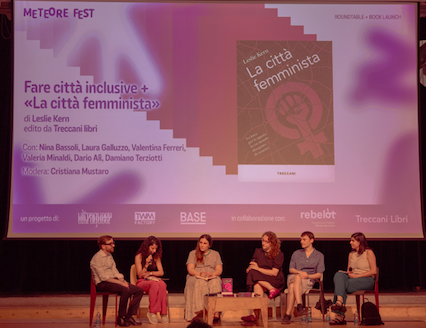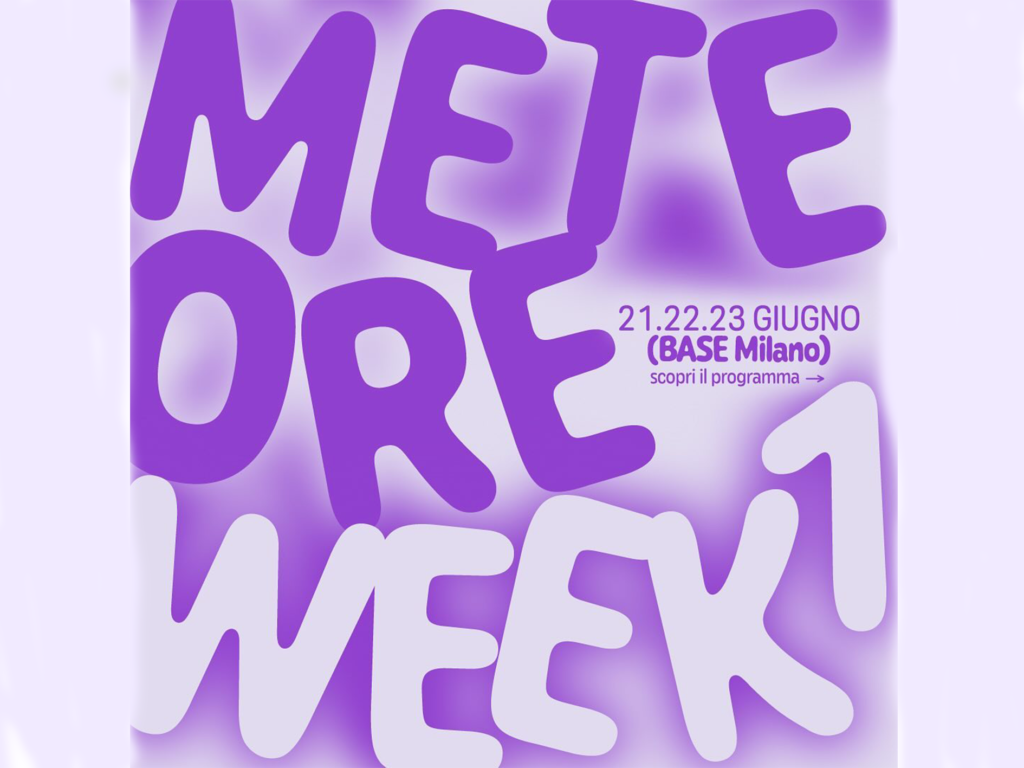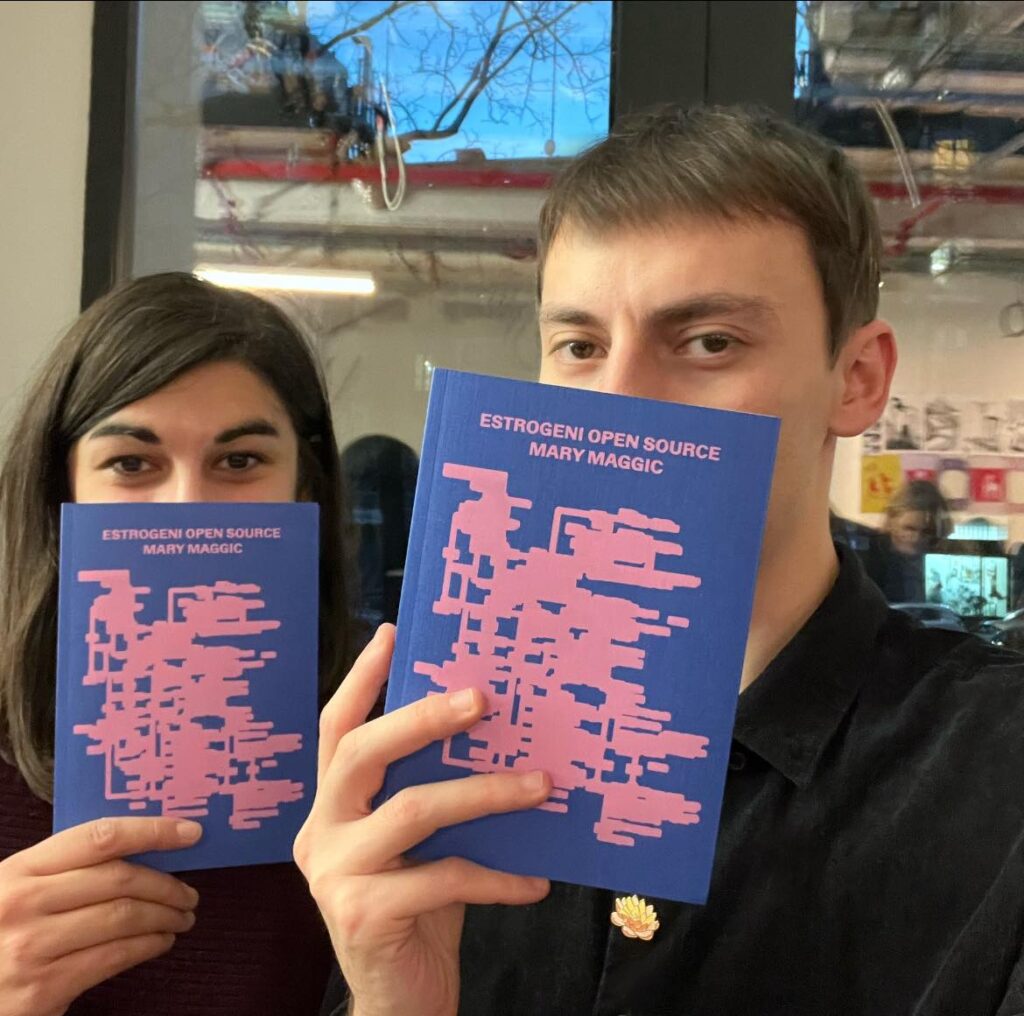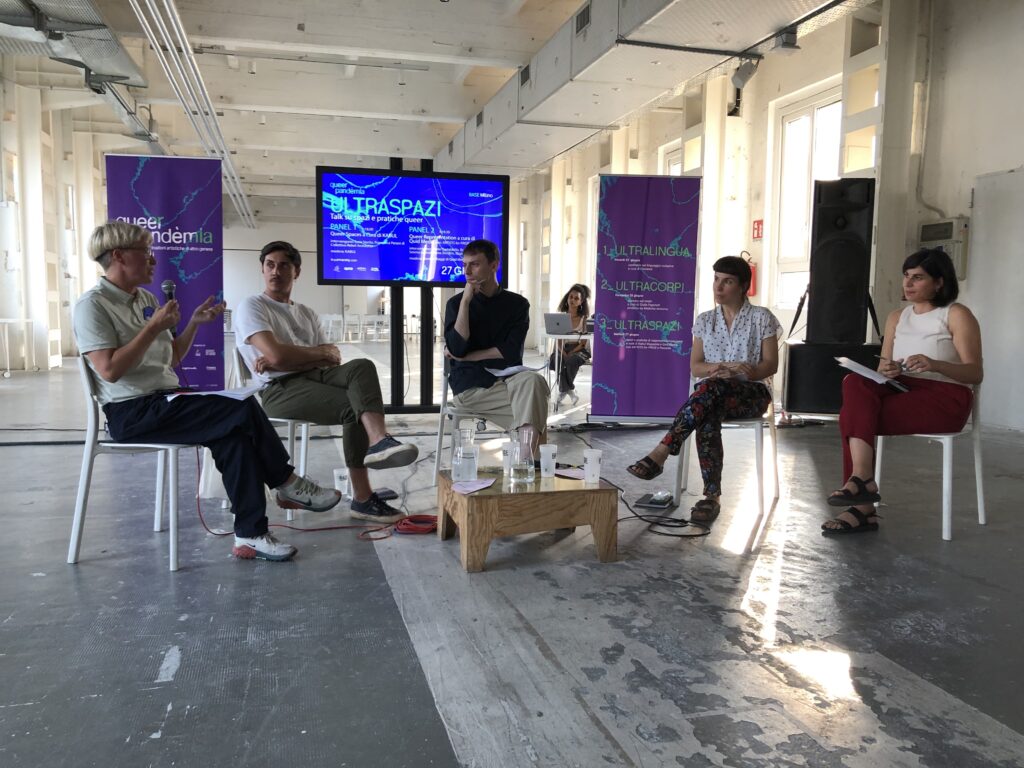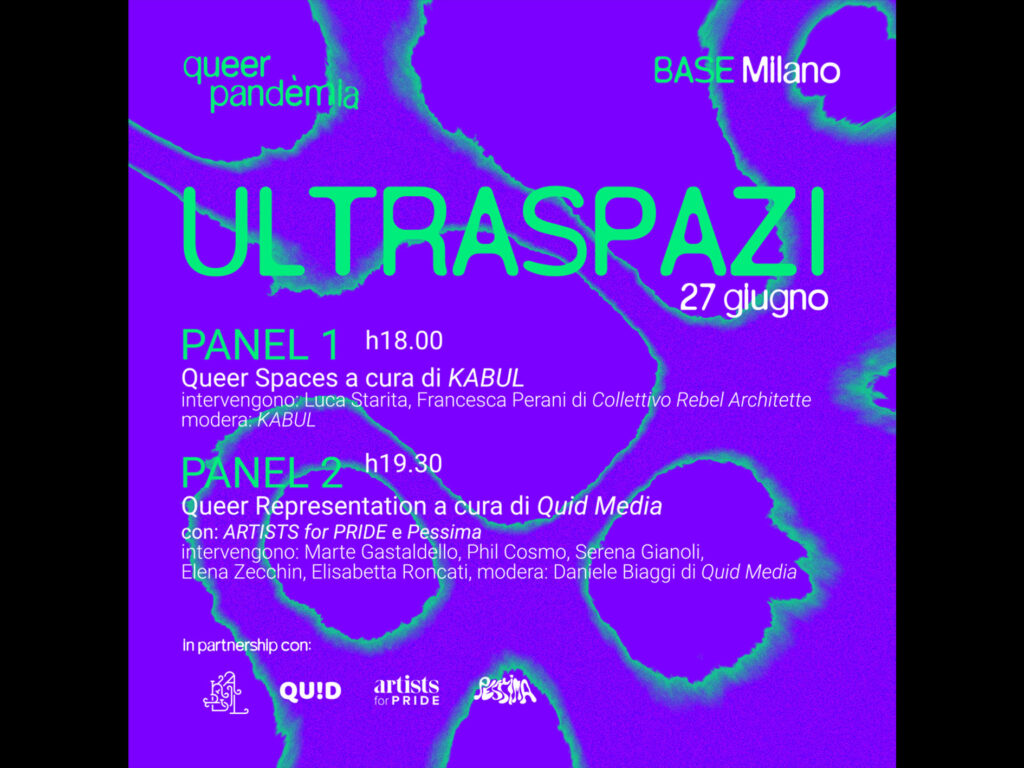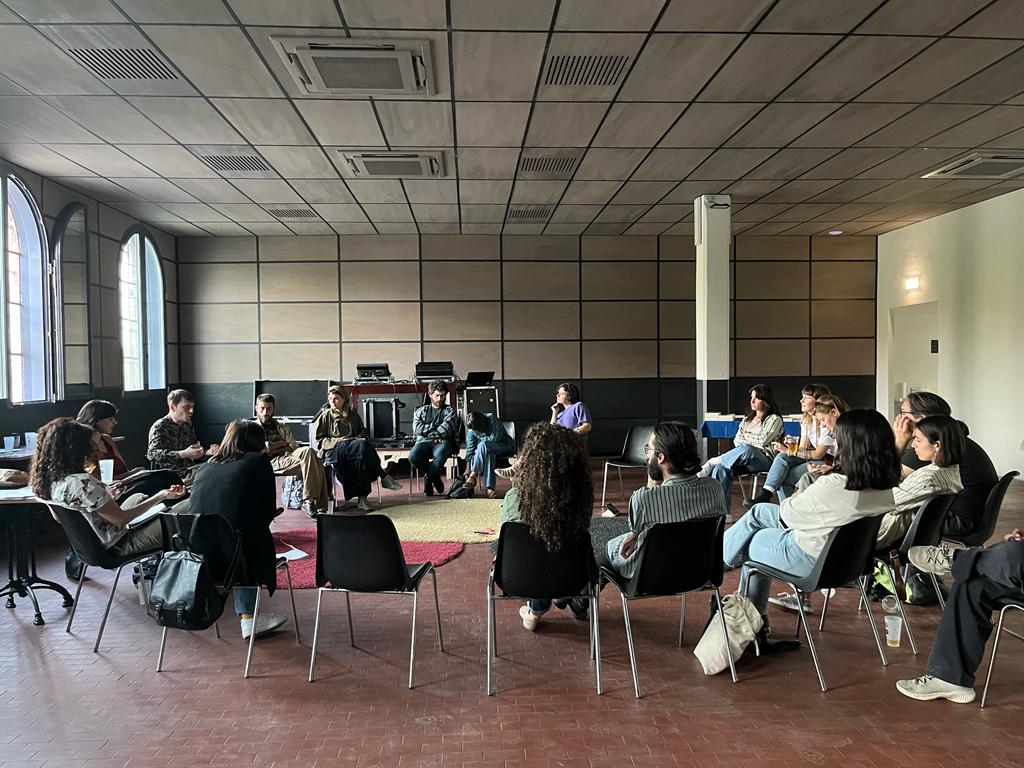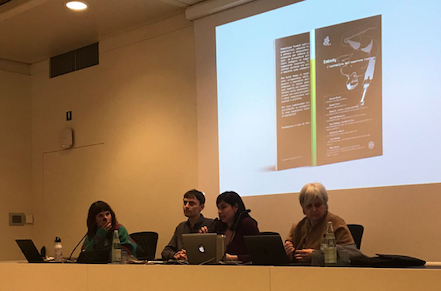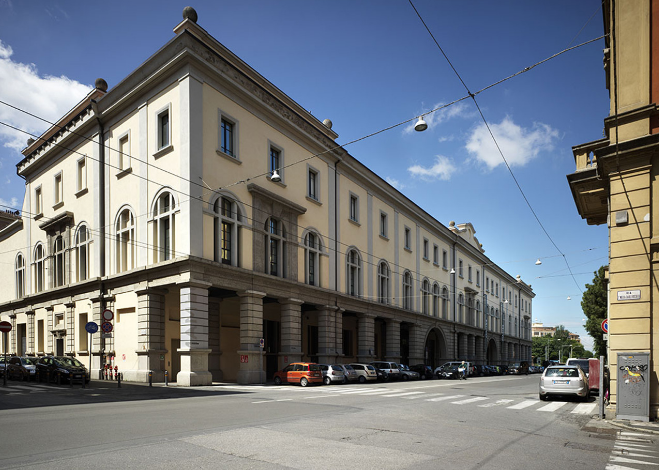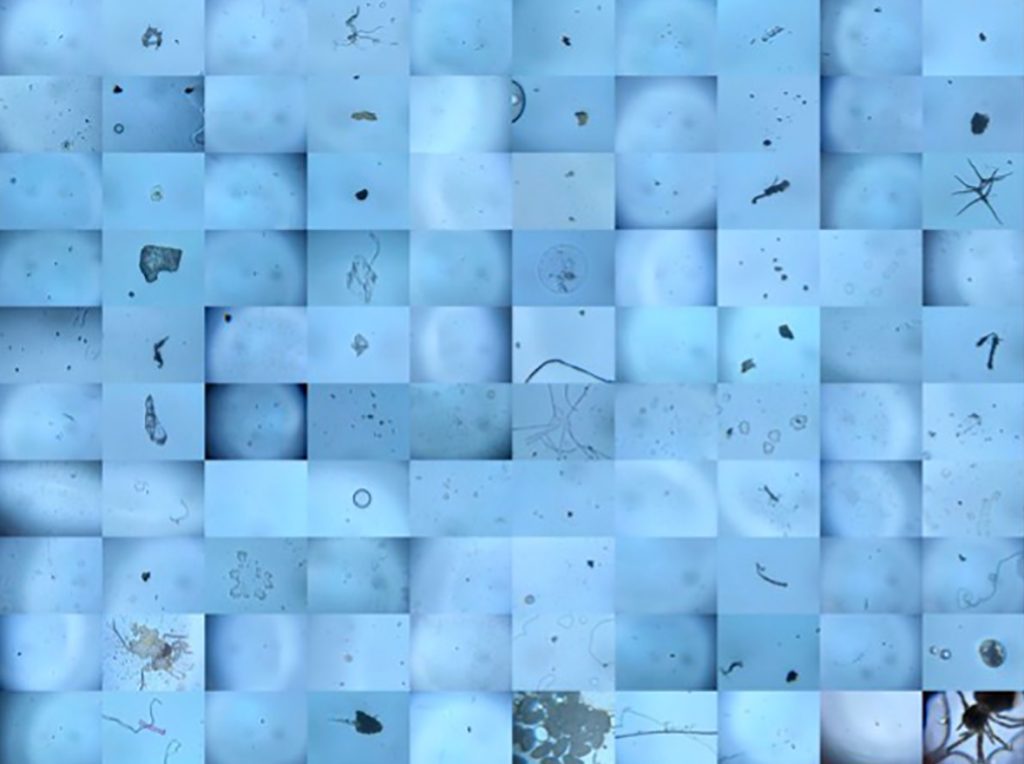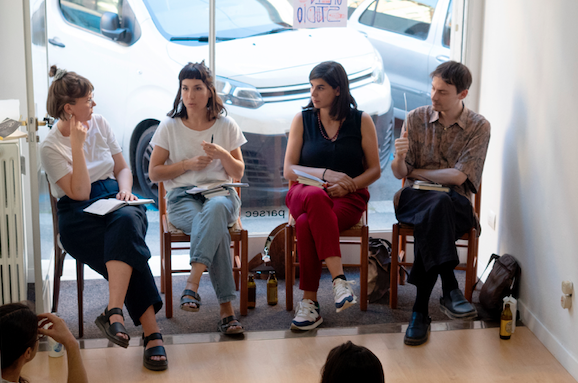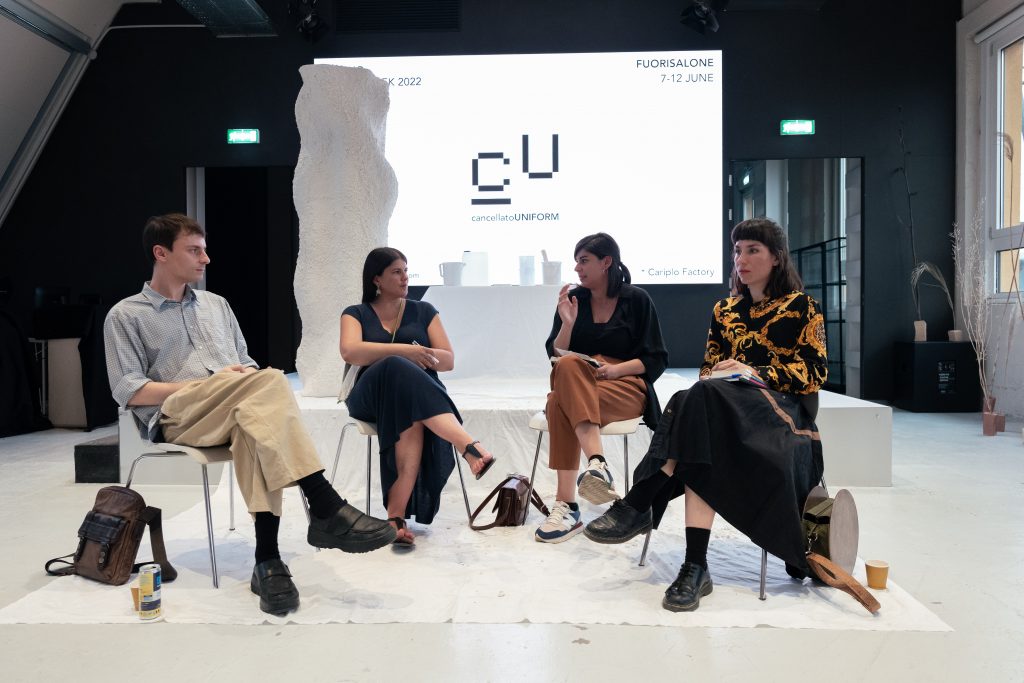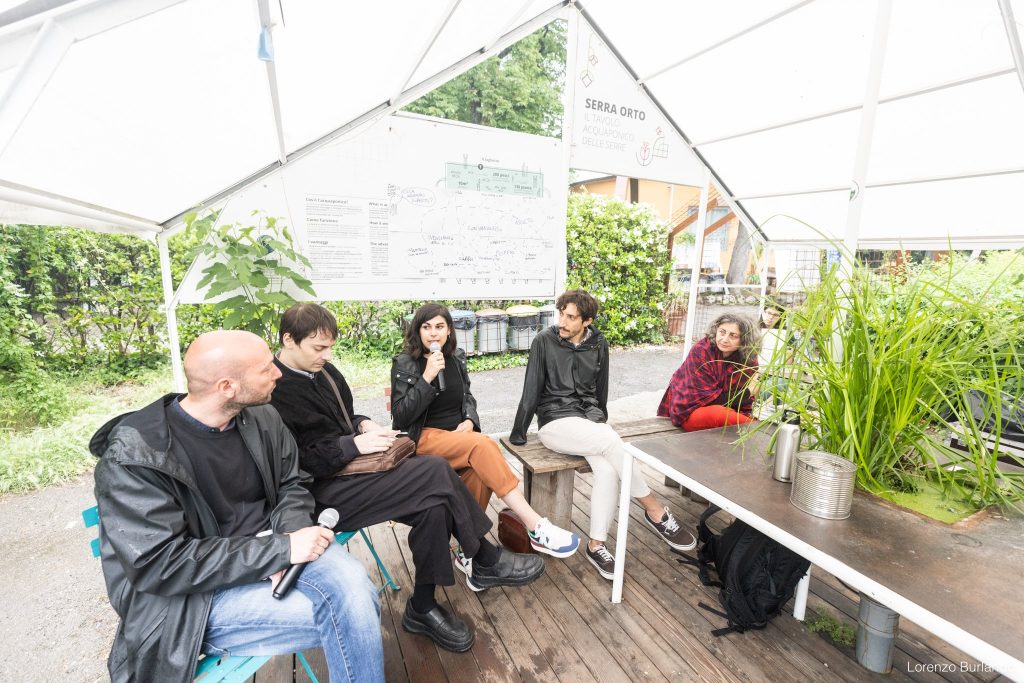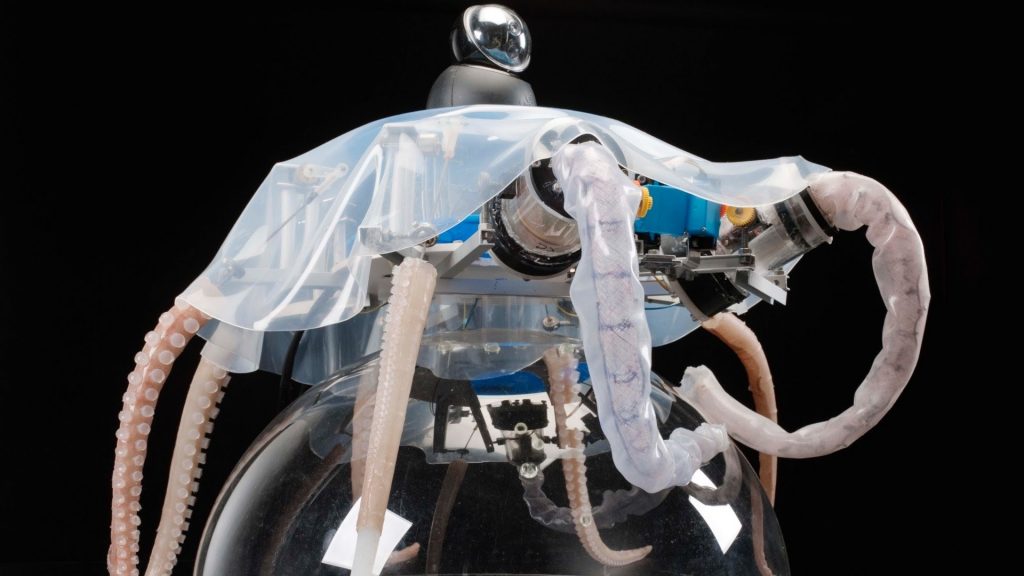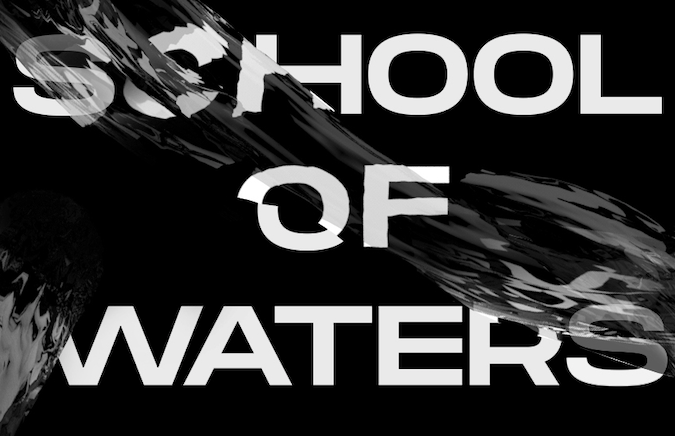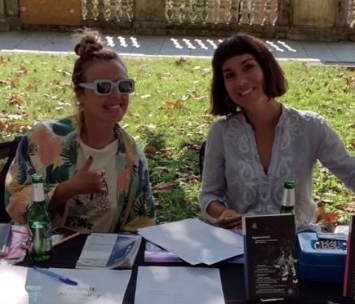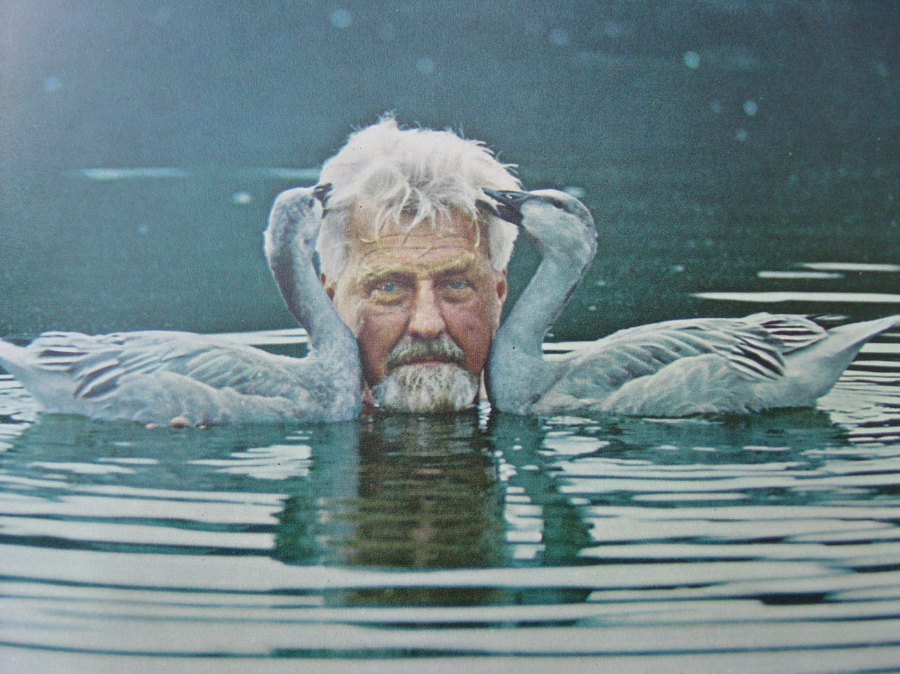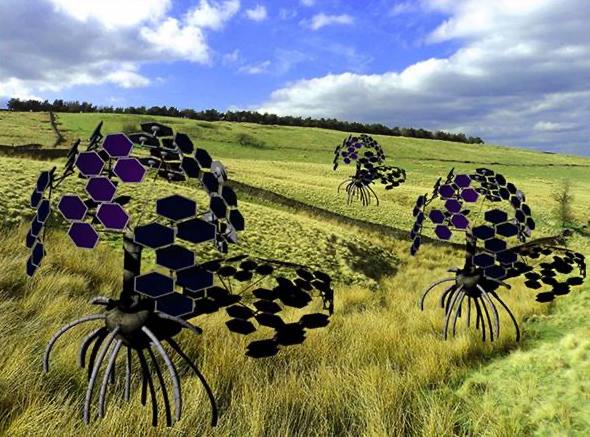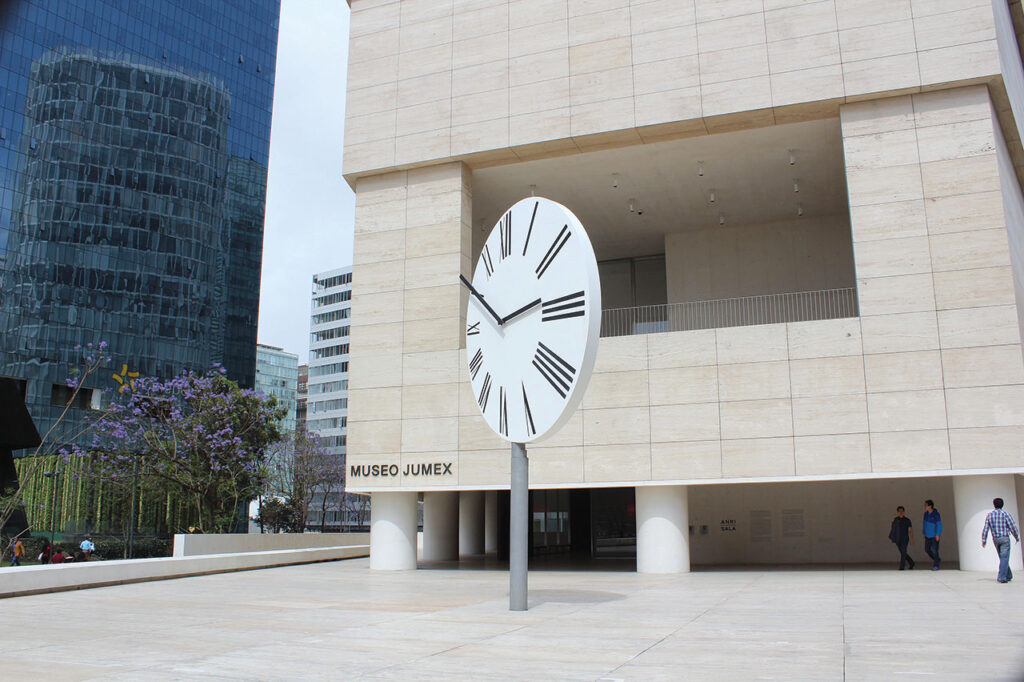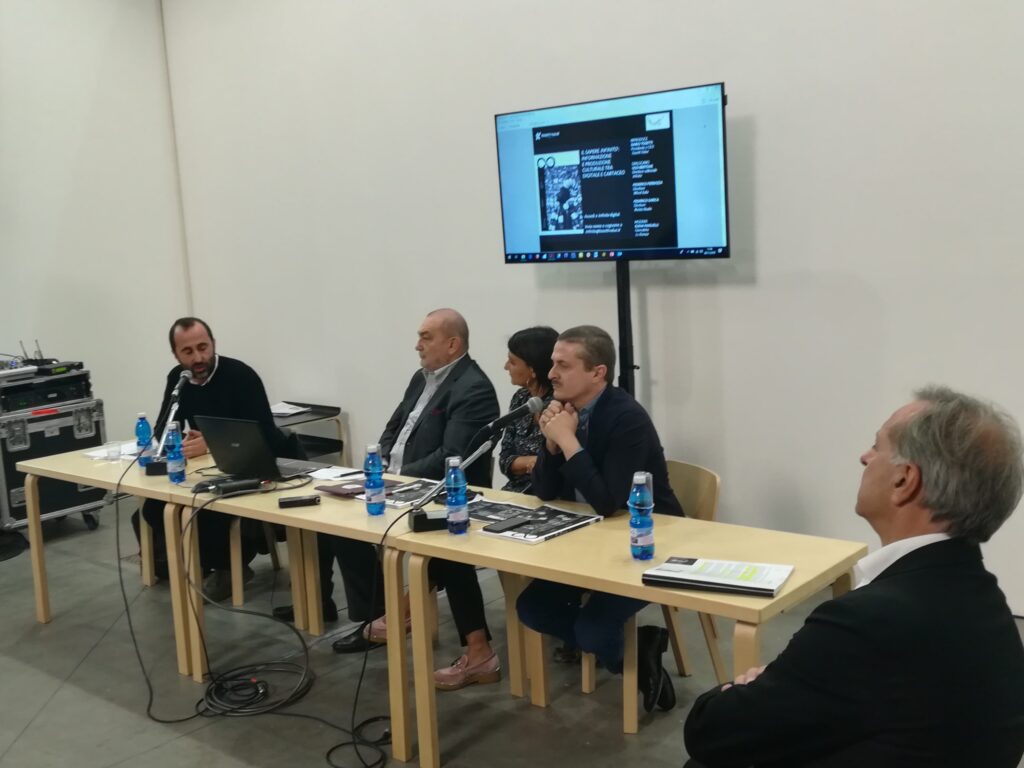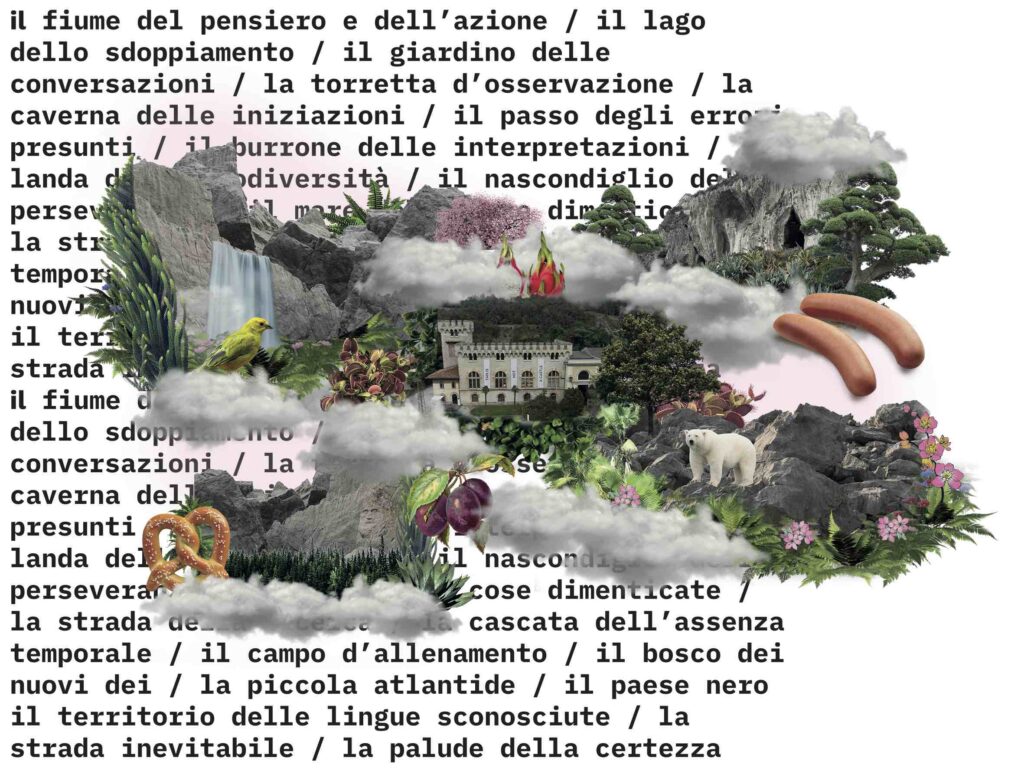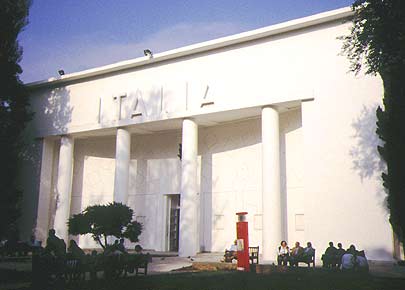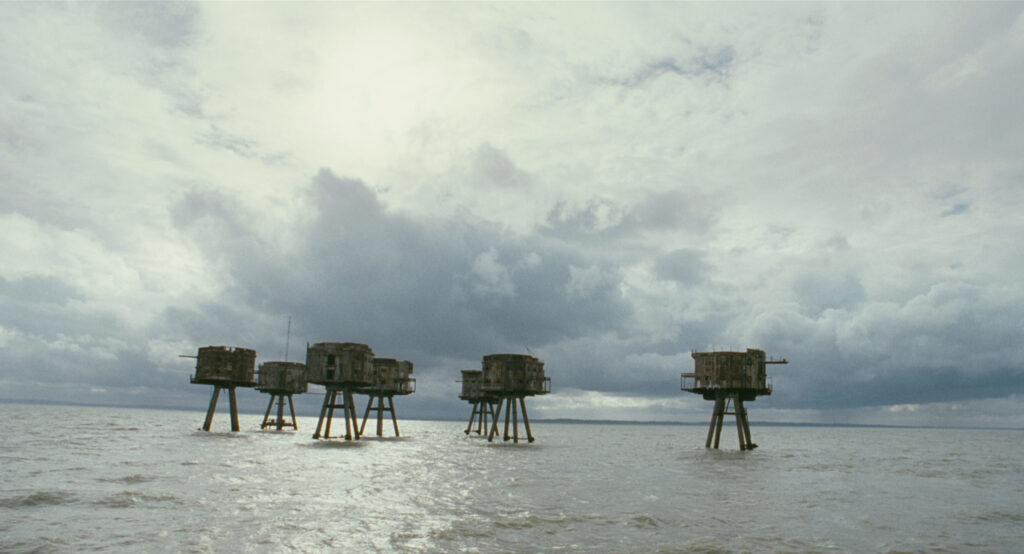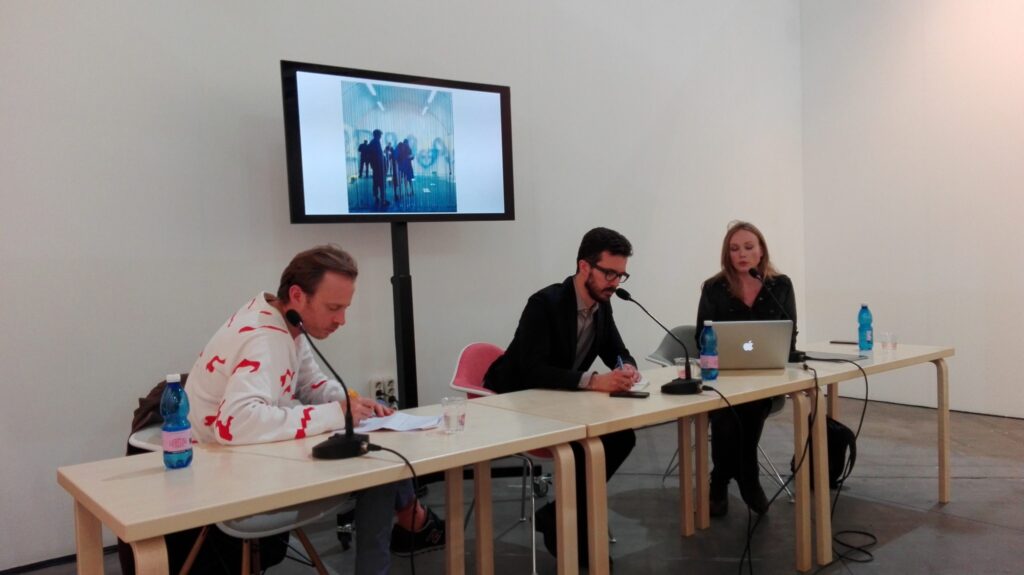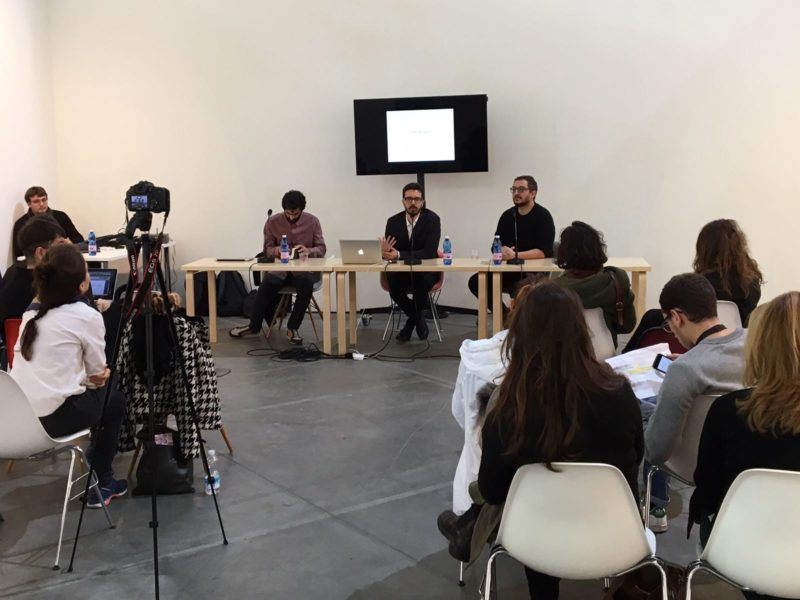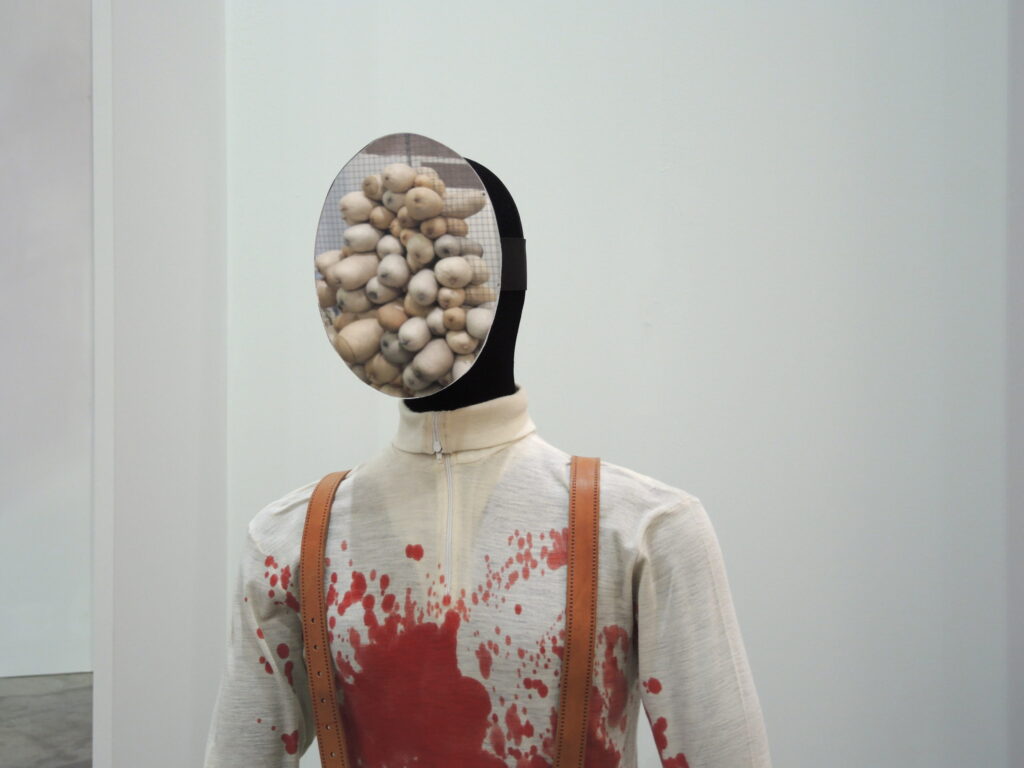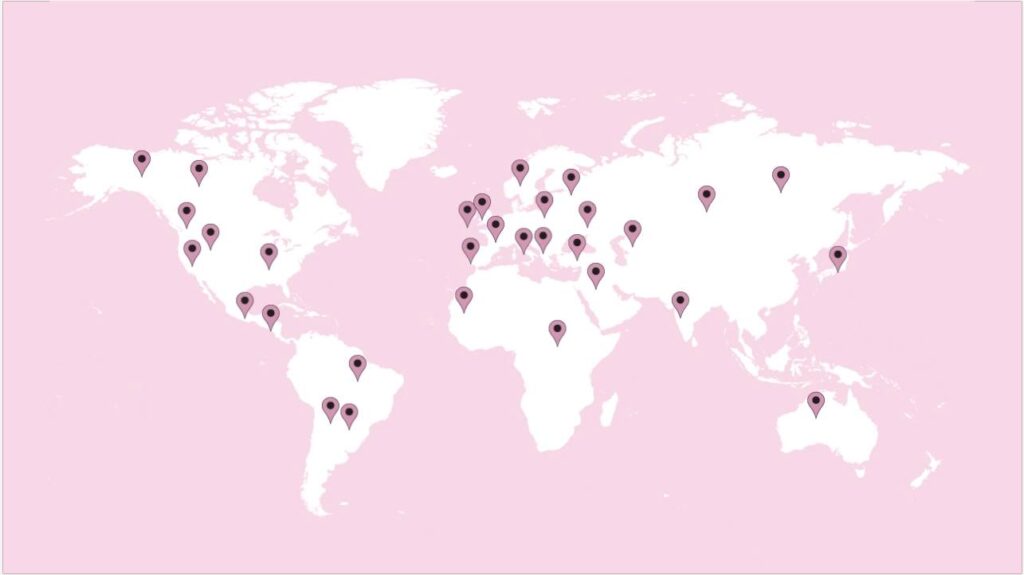
In 1862 Ludwig Feuerbach’s essay «The Mystery of Sacrifice, or Man is What He Eats» was published. Two centuries later, we might want to rephrase his aphorism into «Man is What He Browses». Technological innovation has changed the productive processes by basing them on information exchange. We acquire information from data and data analysis. Data is a commodity created by us through virtual interactions. Data inherently serve no purpose until they are elaborated into information. This transformation process adds value and turns information into a tradable good. The economism conception, as described by Marx in the XIX century, asserts that economic relations are the essence of human relations. Economic relations are still the structure of the society in the Information Age. It is the infrastructure and raw matter to have changed. Thus, we may try to outline what I would define as digital economism: reality as made up of relations among information production, that is those established among individuals during the production of information and which regulate the ownership and the use of the means of production.
Data / Big data / Information
It is important to explain how data are created or better extracted, using a verb dear to the industrial revolution. The extraction method depends on the type of data characteristics. Data, in fact, are obtained from the measurement of phenomena and from their subsequent reorganization into an intelligible form allowing for their convenient use, that is information.
Monitoring the streets that a person covers during the day, by means of the GPS installed in his smartphone, represents a data-extraction process. Crossing these data with those coming from the GPS’s owned by other individuals allows us to obtain accurate information on traffic conditions, such as travel time estimates of itineraries according to the type of transport. Monitoring shopping data on Amazon.com, connecting them according to age, race, gender, allows us to map precisely the demand of a determined product.
David Leonhardt, on the New York Times, and together with Hal Varian, chief economist at Google, have drawn a map of the U.S.A., showing the differences in the virtual queries among states. Turns out that in the geographical areas where living standards are worse, the most significant search trends are diet and religion while, where living standards are better, it is digital cameras high in search trends.
Contemporary productive processes are ever more based on big data interrelations. When we buy a plane ticket to Cuba for our vacation next month, we are supplying some data to the service provider (name, place, time). This information, if crossed with our Google queries results, may provide additional information about our tastes in what concerns entertainment, food and free time. It is easy to see how, if someone collects and processes them, they can easily be sold to Cuban business working in entertainment, food and leisure in order to create a custom offer shaped on the taste of individual clients. Such macro-aggregates of data, due to their volume, speed and variety, are called Big Data.
The opportunity to extract, cross and process data allows to look at reality as an assemblage of information. Once obtained the information, or rather the relations among data, this is used to identify the demand for a specific product.
Regressus ad Infinitum
I believe this demand forecasting process to cause a distortion in time perception. Since production processes are based on the anticipation of the consumer’s choice in order to better steer demand, a sort of regressus ad infinitum takes place. The sooner we want the consumer to purchase a product, the earlier we want for the consumer to feel the need for it.
We have all seen on Youtube the recommended section. We have all been suggested by Amazon.com to buy an item linked to the one we’ve just bought. Or an ad popped out on our Facebook page featuring the shoes we had just been looking for on Google. Web advertising is based on algorithms which analyse your past consumer choices in order to build a customized ad based on that very consumer’s needs.
In this attempt to create ever earlier need within an individual in order to steer his choice towards a specific product, the dimension of discovery is lost. The goal is to shrink the time gap between input, when the need arises, and output, when it is satisfied. This results in the denial of the importance of the future, of the unlimited chances and of the unknown, in favour of greater sharpness in defining the marketing strategy of a product. As E. Esposito explains, «Modern time is characterized by this tension towards the future, towards design and planning — exemplified primarily by the logic of capitalism — which can be seen as a programmatic sacrifice of the present to the future».
From an ethics point of view, this implies the denial of failure as a crucial time in human intellectual development. The elimination of risk, of anticipation, of what’s next to come, has us stuck in an endless future/present, in which business will already know in advance what we are going to like, to do, how we are going to dress – so they cannot possibly go wrong.
Anticipating the future at the present causes a subjective distortion. In the present everything indeed feels like it has already been seen, already experienced, already lived. If our future choices are guided by analytical patterns of our past choices, then future is but a continuous repetition in the present of experiences lived already. This cyclical conception of time puts the human being in a state of despair caused by experiencing a dimension of the present being to be conjugated as: «I used to be» This temporality defines a subjectivity, not much disconnected between what we are and what we would like to be but, rather, between what we are and what haven’t been able to be. We have gone from living the present in the hope of the future to living it in the regret of the past.
The economic result is a stabilization and a customization of the demand, by which every business knows already what the consumer needs. Finally we are going to have the perfect solution to flip over the assumption according to which it is demand to guide offer. Indeed, an entrepreneur who is fully aware of his operating market’s demand, will be able to identify the best pricing and production rate and therefore maximize profits. While in the case he is not provided with such insight on demand, he is going to need from time to time to adjust his offer to the real demand and face higher costs, in terms of over- and underproduction.
A microphysics of the virtual power
It is limitedness to add greater value to a resource; were it ever-available, it would not be considered by the market. Until data are not processed into information, they are perceived as an endless resource. It is the processing technology to add value to data. Therefore, it becomes essential to investigate the form of power deriving from owning the property of this technology.
In the Industrial Age the ownership of production tools established the capitalist-proletarian dialectic. According to a superficial analysis, we might think that the democratization of device property which allow to access the infrastructure – Internet – do undermine the power relations of contemporary society. In fact, these devices represent merely the information systems’ terminals. The power resulting from owning them is limited. Innovation technology has just moved the battlefield from the real to the virtual.
On the contrary, the power linked to the intellectual property of programming codes, algorithms, software, behind data analysis, is virtually boundless. In fact if we consider laws as tools to limit power, we may then see how contemporary legislations are lagging behind the actual state of things.
Yet, I believe a vision of power based on a capitalist-proletarian dialectic to be anachronistic once compared to the novelty brought by the Foucauldian theory of power: that of a microphysics of power, or else the conception which sees power as something flowing among individuals, making it hard to spot with certainty in the hands of whom it concentrates. It engenders a power device, an apparatus (dispositif) or, in Foucault’s own words «an absolutely heterogeneous assemblage that implies discourses, institutions, architectural structures, regulative decisions, laws, administrative measures, scientific formulations, philosophic, moral and philanthropic propositions, in short: much of the said and of the not said, that are the apparatus elements. The apparatus is itself the network that links these elements […]»11M. Foucault, Dits et Écrits, vol. 2: 1970-1975, Gallimard, Paris 1994, p. 299.
Logging in, refreshing, up- and downloading, e-trading, posting, using virtual currencies and bitcoins, hacking, mining, embedding digital content, liking, googling, e-mail, domain, password, comment, username, virus, linking, server, firewall, backup, scanning, block-chain. The n-th chain of actions and behaviours, of which we struggle to tell victims and executioners, lost in an actual enthrallment; the chance to be in real time, pastless and yet more futureless. Rapt, sieged, alienated, we end up succumbing to yet one more evolution of the capitalistic production system which, in order to save itself, disguises itself as a philanthropist prophet of the internet access for everybody, omitting the implications deriving from any form of power concentration.


